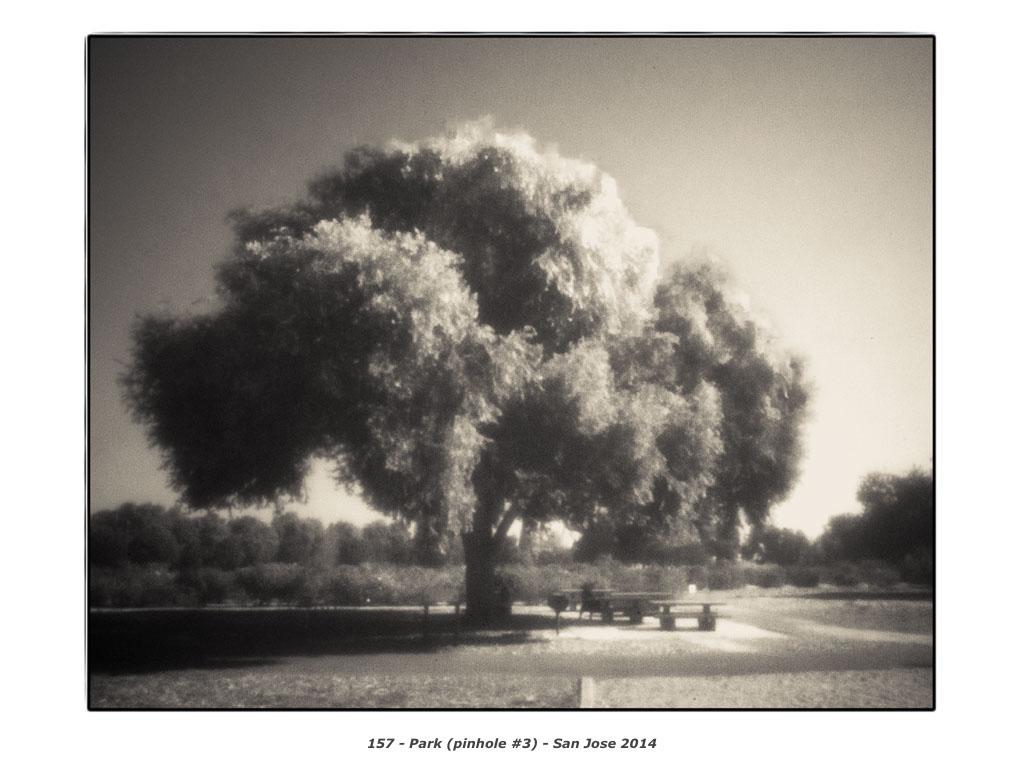Bike Tourist
Well-known
I don't own a film camera anymore, nor do I intend to ever again. More to do with cost and convenience, i suppose. not digital's technical superiority. Because I miss the imperfection of film and the equipment that handled it.
It seems to me that the technofiles have taken over, fussing over white balance, AF speed, monitor calibration, raw workflow and camera ergonomics. They expound endlessly over bokeh. Bokeh? What the hell is that? We used to say something was in or out of focus. To wring our hands over the look of the out of focus areas never occurred to us. The 500mm cat lenses even produced interesting doughnuts in the OOF areas.
Good cameras (Leica and Nikon and, yes. Canon) seemed to have about a ten year manufacturing cycle, give or take a few years. There was always the feeling that the Nikon F2 wasn't quite as good as the F and the F3 not up to the F2, until they were in use for a while. The Leica M3 was the penultimate rangefinder and subsequent models thought to be not as good (with some justification). Now, spitting out new models at an ever increasing rate, the manufacturers are criticized for what they do and what they don't, for the features they include and features they don't include. As though the photographer had no control over the results if his camera did not suit him perfectly in every regard.
Back when photography was a little newer, one did not always have complete control of exposure, DOF, focus point, etc. due to the limitations of film and equipment so compromise was always in the forefront. One made judgments as to what was important and what not so important.
Make no mistake, even in our oversaturated image world (take that either way) there are outstanding pictures being made every day. Most are technically perfect. No reason they shouldn't be.
But they are no better.
Percentage-wise, there may be quite a bit fewer good images. Why? My own opinion tends toward the modern photographer being caught up in technicalities. With all this emphasis on technical perfection we may lose sight of the primary function of photography — to put a frame around a portion of reality. To show a subject in a certain manner. To illustrate a point. To document with an eye to history. To show a concept. To influence a point of view. To present your unique vision, which may require that the image is not perfect.
As for me, I think I've bungled digital photography sufficiently to identify me with the imperfections of the past!
It seems to me that the technofiles have taken over, fussing over white balance, AF speed, monitor calibration, raw workflow and camera ergonomics. They expound endlessly over bokeh. Bokeh? What the hell is that? We used to say something was in or out of focus. To wring our hands over the look of the out of focus areas never occurred to us. The 500mm cat lenses even produced interesting doughnuts in the OOF areas.
Good cameras (Leica and Nikon and, yes. Canon) seemed to have about a ten year manufacturing cycle, give or take a few years. There was always the feeling that the Nikon F2 wasn't quite as good as the F and the F3 not up to the F2, until they were in use for a while. The Leica M3 was the penultimate rangefinder and subsequent models thought to be not as good (with some justification). Now, spitting out new models at an ever increasing rate, the manufacturers are criticized for what they do and what they don't, for the features they include and features they don't include. As though the photographer had no control over the results if his camera did not suit him perfectly in every regard.
Back when photography was a little newer, one did not always have complete control of exposure, DOF, focus point, etc. due to the limitations of film and equipment so compromise was always in the forefront. One made judgments as to what was important and what not so important.
Make no mistake, even in our oversaturated image world (take that either way) there are outstanding pictures being made every day. Most are technically perfect. No reason they shouldn't be.
But they are no better.
Percentage-wise, there may be quite a bit fewer good images. Why? My own opinion tends toward the modern photographer being caught up in technicalities. With all this emphasis on technical perfection we may lose sight of the primary function of photography — to put a frame around a portion of reality. To show a subject in a certain manner. To illustrate a point. To document with an eye to history. To show a concept. To influence a point of view. To present your unique vision, which may require that the image is not perfect.
As for me, I think I've bungled digital photography sufficiently to identify me with the imperfections of the past!




